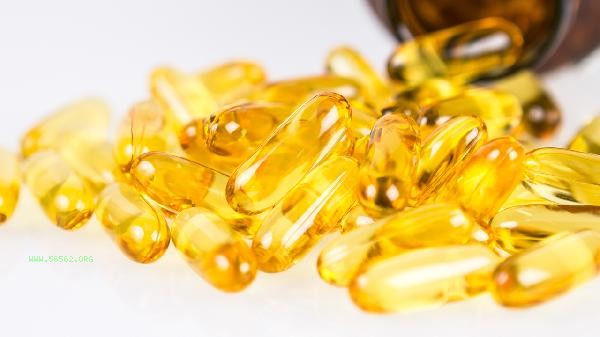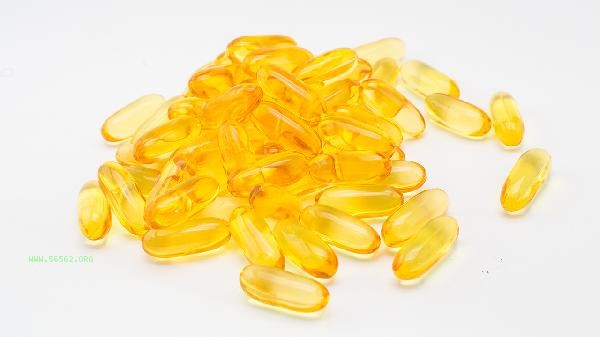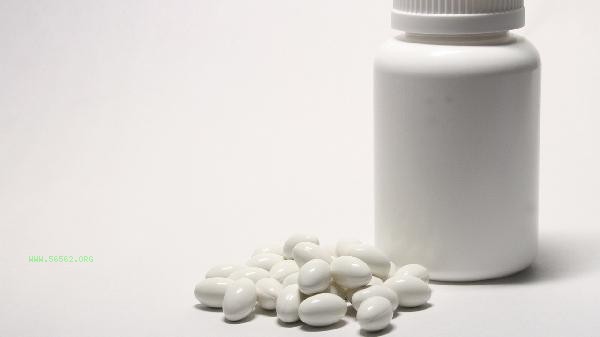When lacking in vitamin B1, it can be supplemented through animal organs, whole grains, beans, nuts, and lean pork. It is also possible to take vitamin B1 tablets, compound vitamin B tablets, and medications such as sulfonamide according to medical advice. Suggest combining dietary adjustments with clinical evaluation to avoid self medication.

1. Food
1. Animal organs
Pig liver, chicken liver and other animal organs are rich in vitamin B1, with about 0.5 milligrams per 100 grams, suitable for people with anemia or weak constitution to consume in moderation. When cooking, it is recommended to blanch to remove fishy odors and consume no more than twice a week to avoid excessive cholesterol.
2. Whole Grains
Whole grains such as brown rice and oats retain the bran and germ, and their vitamin B1 content is more than three times that of refined grains. Whole grains account for one-third of the daily staple food, which can meet the daily requirement of 1.2 milligrams for adults.
3. Beans
Soybeans, black beans, and products such as tofu contain about 0.4 milligrams/100 grams of vitamin B1 and provide high-quality protein. Sprouted beans have increased vitamin B1 content and are suitable for cold mixing or quick stir frying to retain water-soluble nutrients.
4. Nuts
Sunflower seeds, peanuts, and other nuts contain up to 0.8 milligrams of vitamin B1 per 100 grams, but they are high in calories. It is recommended to consume around 15 grams per day and choose authentic products to avoid excessive salt intake.
5. Lean Pork
Pork tenderloin has a vitamin B1 content of about 0.8 milligrams per 100 grams, which is superior to other meats. Steaming or stewing can reduce nutrient loss, and pairing with vegetables rich in vitamin C can promote absorption.

2. Medication
1. Vitamin B1 tablets
are used to treat beriberi or pregnancy deficiency, which can improve neuroinflammation symptoms. Be alert to allergic reactions, long-term use may interfere with the metabolism of other B vitamins.
2. Compound Vitamin B Tablets
contain a synergistic effect of multiple B vitamins and are suitable for patients with malnutrition or digestive and absorption disorders. Alcoholics should use it under the supervision of a doctor to prevent liver dysfunction.
3. Furathiamine
is a vitamin B1 derivative with high bioavailability, which is commonly used as an auxiliary treatment for diabetes peripheral neuropathy. Patients with renal insufficiency need to adjust their dosage.
4. Mecobalamin
composite preparations contain vitamins B1 and B12, which have significant effects on peripheral neuropathy. Blood cobalamin levels should be regularly monitored during use.
5. Yeast Tablets
Natural yeast derived vitamin B1 is suitable for individuals with mild deficiencies, but attention should be paid to the possibility of causing gastrointestinal bloating. It is recommended to take it after meals.

Daily diet should avoid cooking methods that damage vitamin B1, such as excessive washing of grains and high-temperature frying. Alcohol and strong tea can interfere with absorption, so it is necessary to control intake. When experiencing symptoms such as numbness in hands and feet, decreased appetite, etc., it is recommended to seek medical attention to test serum vitamin B1 levels. Severe deficiencies may require injection therapy. Pregnant women, lactating women and patients with diabetes should develop personalized supplementary programs under the guidance of nutritionists.



Comments (0)
Leave a Comment
No comments yet
Be the first to share your thoughts!